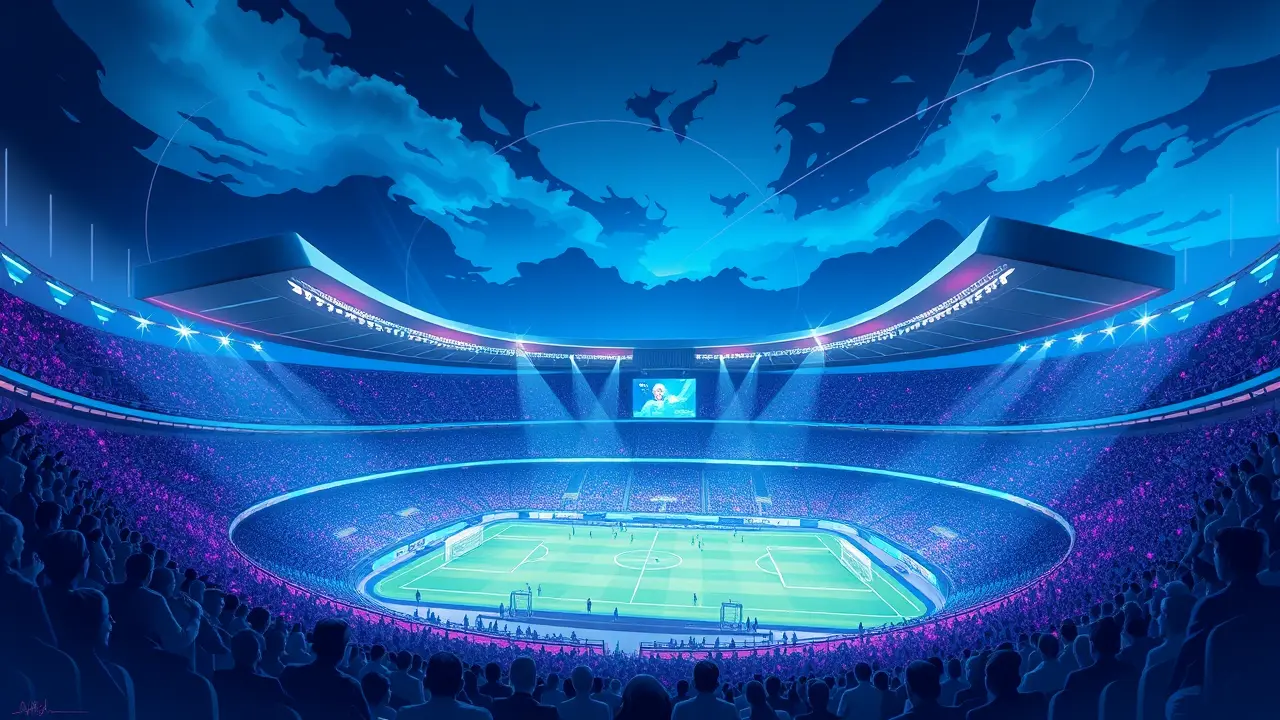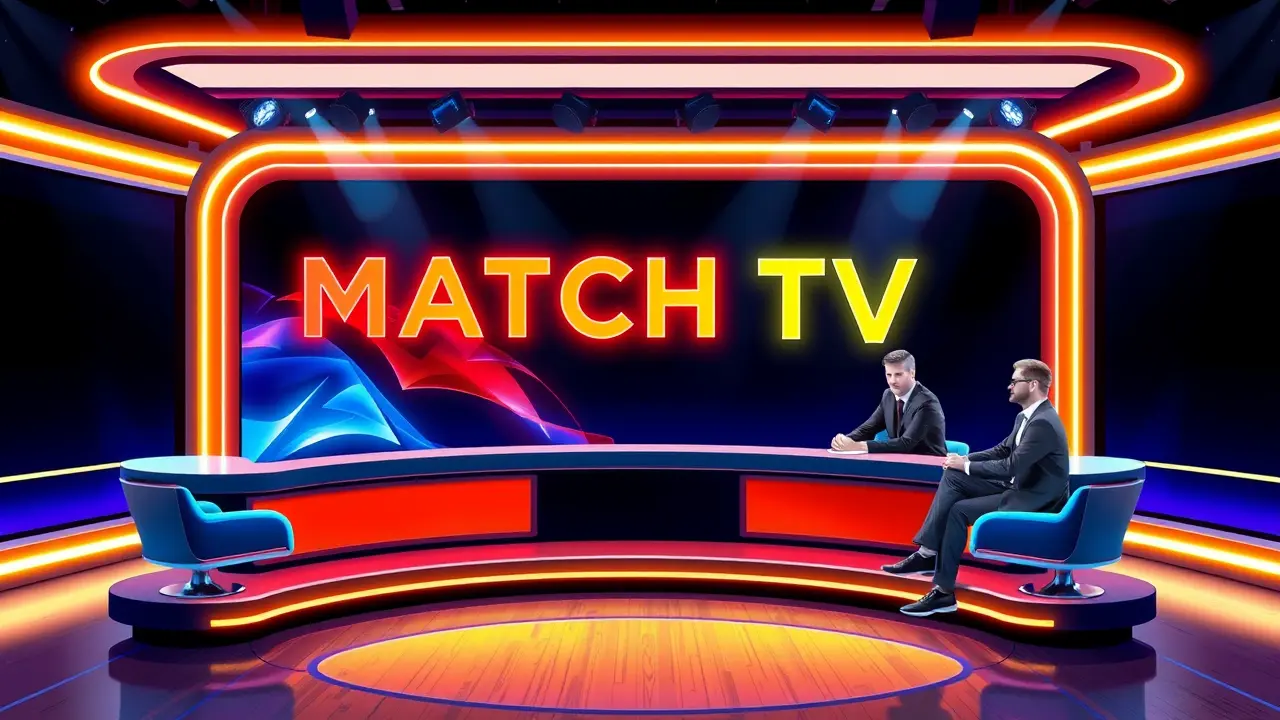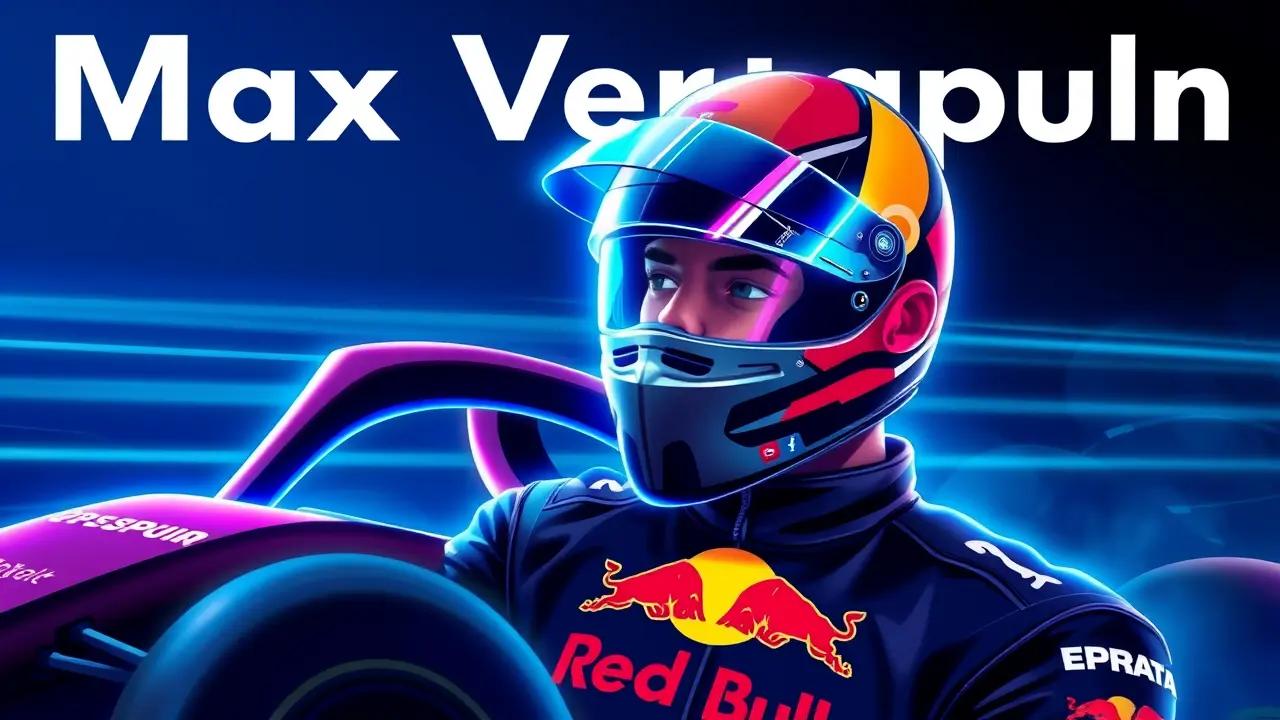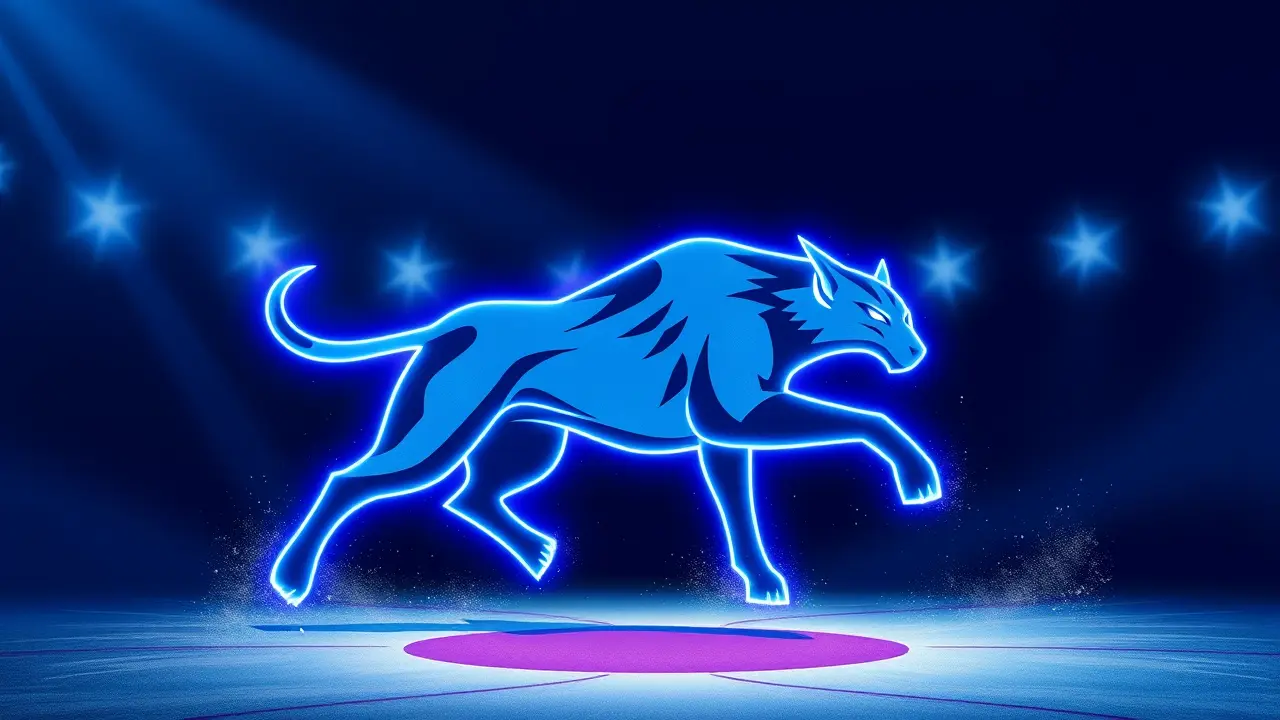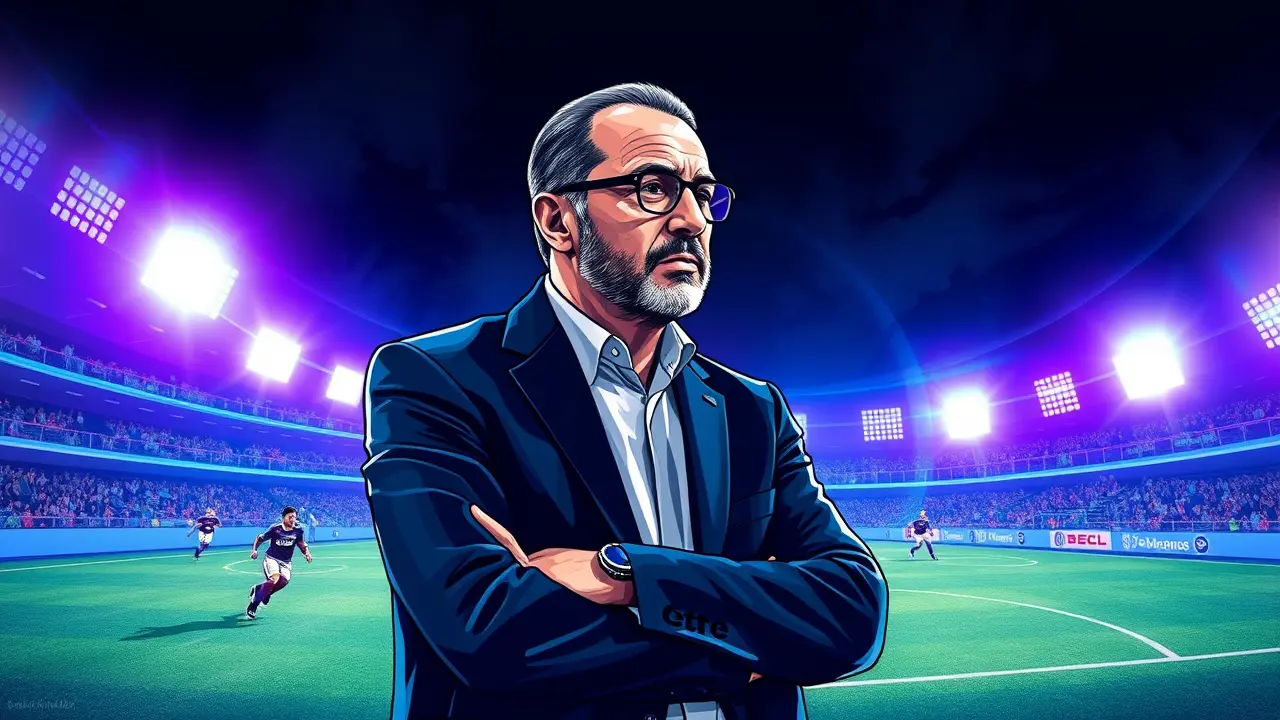
SportfootballUEFA Champions League
Andrei Kanchelskis on the Decline of Russian Football After USSR
JA
Jack Turner
6 days ago7 min read2 comments
The stark decline of Russian football since the Soviet Union's dissolution isn't just a matter of poor results; it's a profound systemic collapse, a story best understood through the lens of generational comparison, much like analyzing the tactical differences between Pep Guardiola's Barcelona and a mid-table Championship side. Andrei Kanchelskis, the former Manchester United winger whose own career trajectory exemplifies the heights once achievable, pulls no punches in his diagnosis.He points to the legendary Eduard Streltsov, who at just 18 was already a fixture for the USSR national team, a prodigy winning Olympic gold when his modern counterparts are still being cautiously labeled 'promising' in the Russian Premier League. This isn't merely nostalgia; it's a data point in a devastating trendline.Where 20-year-olds once secured moves to top European clubs, today's 22- and 23-year-olds are considered young talents if they've merely broken into a side like Lokomotiv or Spartak—a benchmark Kanchelskis dismisses with the exasperation of a fan watching his team squander possession in the final third. He rightly highlights the global context: across Europe, players like Kylian Mbappé and Pedri are winning Champions League titles and World Cups at 19, operating on a completely different developmental curve.The problem, however, isn't that Russian football should aim to replicate Mbappé's path overnight, but that it has lost sight of its own proven blueprint, the very one that produced Streltsov, Kanchelskis himself, and the great Dynamo Kyiv sides that conquered Europe. The core issue, as Kanchelskis articulates with the clarity of a perfectly weighted through-ball, is the disintegration of the foundational triad that underpinned Soviet sporting success: a unified system, a clear ideological framework for player development, and deep-rooted traditions.Until 1990, this machinery consistently produced winners—European Cups, Olympic podiums, dominant youth tournament performances—all flowing from a centralized, 72-year-old structure. The post-USSR era shattered this coherence, leaving a landscape where, in Kanchelskis's apt analogy, the various factions in Russian football pull in different directions like the swan, crayfish, and pike from Krylov's fable.The evidence is in the stark output: on the international stage for decades, only Zenit and CSKA have found consistent success, a paltry return for a nation of Russia's size and footballing passion. The 'progress' often touted by domestic officials is a mirage when measured against this historical backdrop.Rebuilding isn't a simple matter of investing in new academies or hiring a foreign coach; it requires the painstaking, long-term task of re-weaving the very fabric of a footballing culture, of rediscovering a collective identity and purpose that was, in Kanchelskis's view, utterly fumbled in the chaotic years following the Soviet collapse. The gap isn't just widening; it has become a chasm, and bridging it will be a generational challenge, requiring a strategic vision as disciplined and cohesive as the system that once was.
#editorial picks news
#Andrei Kanchelskis
#Soviet football
#post-USSR decline
#youth development
#football system
#traditions
#Manchester United
Stay Informed. Act Smarter.
Get weekly highlights, major headlines, and expert insights — then put your knowledge to work in our live prediction markets.
Related News
© 2025 Outpoll Service LTD. All rights reserved.

